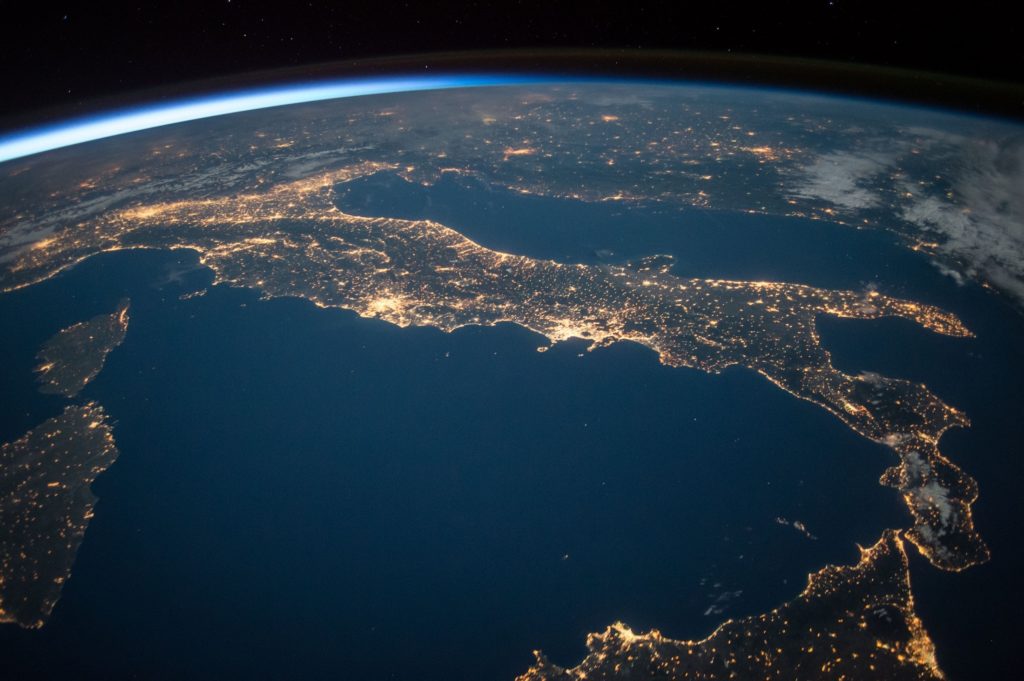This is my least favorite topic at the moment because, well, outrage is profoundly boring to me. But enough people have asked me to comment on ChatGPT so here we are.
Am I worried about it. What are my thoughts. What will happen to writing and writers and original thought!
I’ll start with the punchline: I’m not worried in the slightest about these tools.
But I understand why people are. And I’ll tell you why they are wrong.
Let’s set aside WestWorld scenarios, bullying, doxing, and otherwise horrendous human behavior – and focus specifically on the issue of writing, creativity, original thought, and stories.
Content has been commodified for decades. It is why the internet sucks and most of what we read is a waste of time. If a machine can write clickbait and ads better than us – I say let it.
“But what about journalism!”
If a machine can do better research than we can, in less time – let it.
“But isn’t that deceptive! It’s writing social captions! Chatting with us! Pretending to be human! What about our jobs!”
First of all, what you’re reading is already inherently deceptive because it’s edited + at the mercy of bias and ad revenue. You’re not getting a “fresh” or “authentic” anything. So throw that out the window. Second, I believe machines can have more integrity than humans because we suck at this.
Third, and most important, WE are the ones not being human.
We’re pretending to be robots. Most of what we publish is stale, flat, and uninteresting (exhibit A: Hallmark movies. Rom coms. Action movies. They follow a very prescriptive format a robot could have invented – and we LOVE it).
Machines will be able to do things better than us – that is a fact. They do math and research better, why shouldn’t they be able to do humanities better?
What I believe is a threat is the way in which we strive to be machines NOW.
The way we’ve turned into robots and can’t tell the difference between something with heart and something that lacks it.
AI cannot, will not, and will never be able to give me what I actually want to read which is your personal perspective.
Why do blue M&M’s remind you of your dad? What was the turtle story your sister used to tell you before bed? What happened when you were in foster care? Who was your grandmother? What was it like in Louisiana in 1886? What stories came through oral traditions? Why does your mom always use the same challah cover? What was it like to be orphaned at 7? How did you feel when you did stand-up for the first time? Tell me the story about when you ran into Madonna doing coke in the bathroom (this is a real story)? Or when Jason Mraz literally fell on you and accidentally kissed you (also a real story, not mine, my friend S’s).
What was it like to be photographed by Andy Warhol? How did it feel when you found out Santa wasn’t real?
There are a million questions a machine will never be able to answer because it’s not you. Even if it can write better, research better, and say more.
Even if it can mock feelings.
I’m happy to read a book about the history of WW1 written by AI. But that book is boring. I want to read your grandmother’s account of what it was like to live through that. How she got milk. How it felt to receive a letter in the mail. What her jerkface neighbor said to her and what she was wearing the night she came over and spilled wine all over the carpet and how she felt when she saw her kid had a fever.
AI is not what is scary.
Losing our humanity is what is scary. And I fear that has already happened because what we accept as “good writing” isn’t.
We’ve stopped reading books and valuing poetry and we mock the humanities. Let AI write sales emails and social captions and debate ethics and write essays. Let it try to write poems. Let it try to explain a sunset or losing its dad.
If it does it as well as us, then so what. It still is just a poem by a machine that’s never really experienced a sunset or heartbreak or love.
And if we get to a point where AI can experience those things then it is entitled to write poems about those experiences.
I’d love to read them.
If commoditizing writing is what you’re worried about – that already happened. It’s done.
If anything, this will free up our time so we don’t have to waste it on copy like, “So excited for this new product update! Check it out!”
Let GPT-3,4,5,6,70000 take the boring jobs that underpay writers and commoditize everything good about the written word.
I’d rather see you all spend your time writing (bad) poetry than read a perfect sentence with a fake opinion written not-by-you.
Your heart – your stories – your opinions – your perspective – your personal experience – your fallibility – your imperfection – your predictable irrationality – your dreams – your desires – your memories.
No machine can do that.
Not yet at least…
And if it can, well, I like yours better.
Me
Use ChatGPT to generate a fun caption for this piece and share it. Give me your hot takes. Use it to tell me why I’m wrong. Or right. I don’t care. I like integrity and grit. I value connection. If A.I. can do that then it deserves to communicate with us. Because we’ve lost our hearts and need more integrity and poetry about sunsets.
———-
One housekeeping note: I’m building a community of practice called Brainstorm Road with famed Writing in Community all-star Kristin Hatcher. Aaaaaand IT STARTS ON MARCH 3RD.
Hundreds have already joined the waitlist here.
Our friend Luke is assembling a Street Team to find hundreds more. We’re looking for people who have a project inside of them that needs to come out – people who would make incredible creative allies and have the audacity to dream.
We’re taking volunteers who want to be part of the Street Team – if that’s you shoot me an email at margo[at]brainstormroad[dot]com and I’ll hook you up with Luke.




